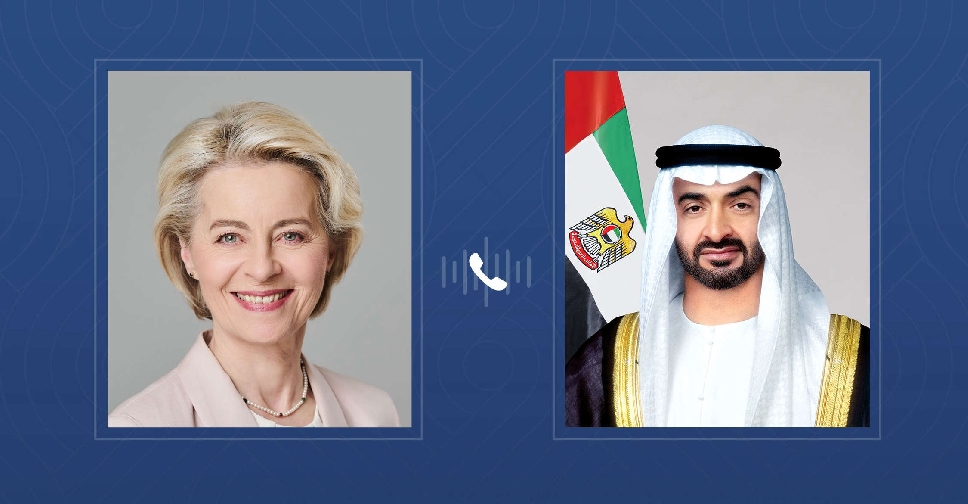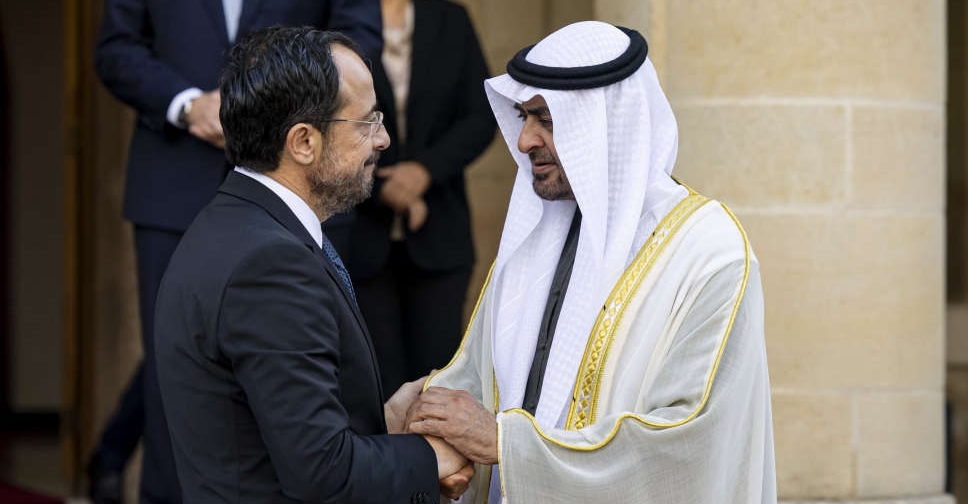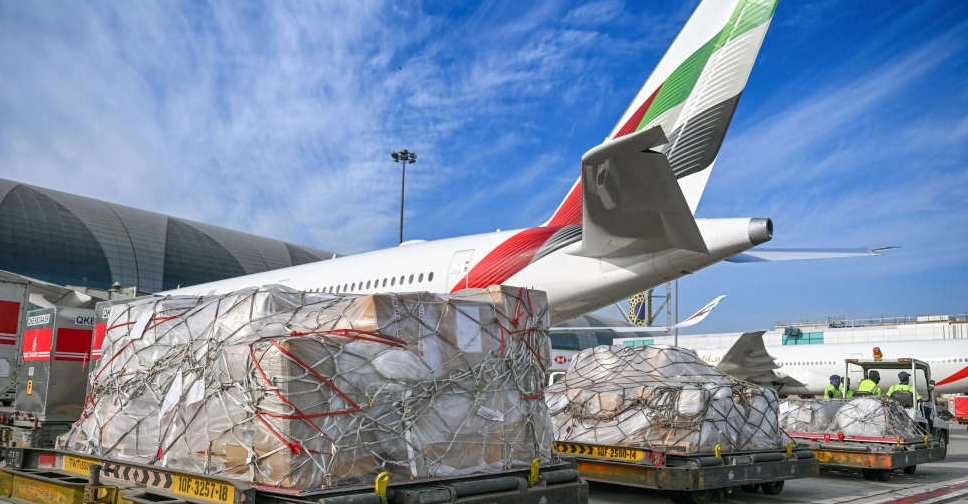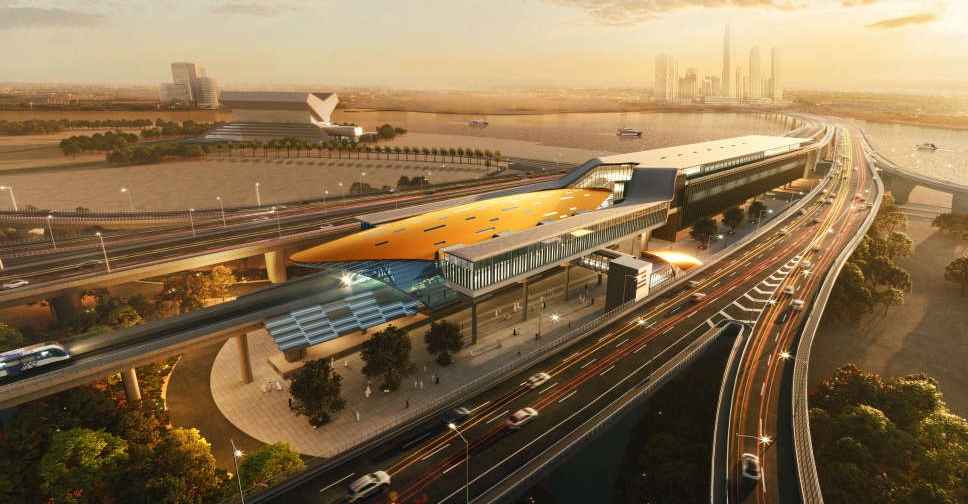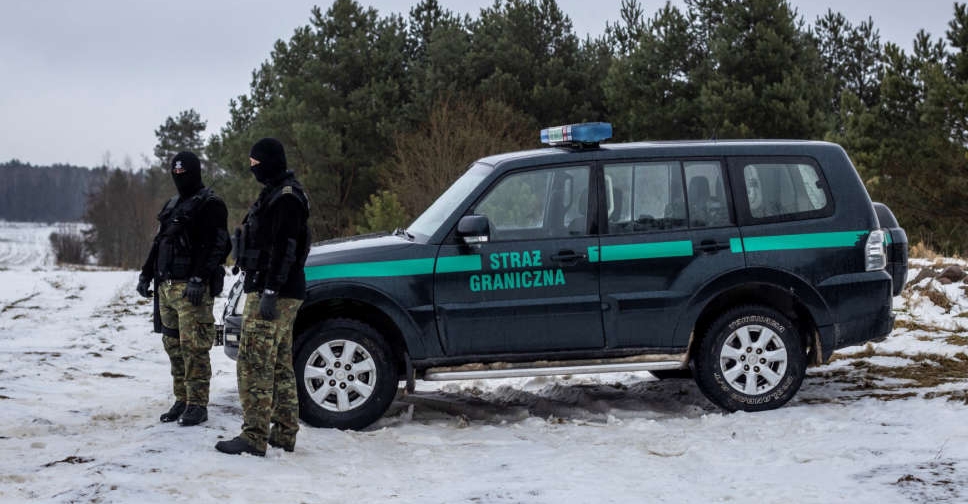
Surrounded by lush forests, a dozen people huddled near a razor-tipped fence along the Belarus border, waiting for a chance to scale it or push aside to head west into Poland.
On the other side, armed Polish border guards and soldiers walked and drove back and forth, keeping a close eye on the group, who were mostly young men from the Middle East, some of them marked with cuts from the sharp wire.
Tensions over migration are high across Europe as far-right parties calling for tougher controls face off against centrist movements in European Parliament elections, which are taking place in Poland on Sunday.
Here, that standoff has an extra geo-political edge. Poland and the European Union have accused Belarus and Russia of trying to spread chaos since 2021 by pushing migrants over the frontier in what Warsaw calls a "hybrid war". Minsk and Moscow have dismissed the accusations.
The number of people arriving has been rising recently, according to Polish government figures. And this week, what Poland sees as a war had a casualty when a soldier patrolling the border died after succumbing to his wounds from a confrontation with migrants on May 28.
In response, the centrist, pro-EU government of Prime Minister Donald Tusk has announced plans to re-introduce a no-go zone along the frontier.
"This border is not safe, unfortunately. The purpose of this zone is to ensure that no one is exposed to the type of attack that Polish soldiers are exposed to," deputy defence minister Paweł Zalewski told Reuters.
OVER THE FENCE
Back at the fence on Monday, the group kept waiting. Ahmed Lebek, 24, from Aleppo, Syria, said he had been there for more than a month. His brother had given up and gone back to Belarus, though he had had no news from him since.
"I come from the war to find a good life. But I found it very hard to cross this border," said Ahmed, 35, an English teacher from Syria. He had tried four times to climb the fence.
Under current arrangements, migrants can apply for asylum in EU-member Poland once they are on Polish soil.
One of them who made it through the fence a day later was Noaman Al-Hemyari, a 24-year-old graphic designer from Yemen.
In the forest on the Polish side of the border, he told Reuters he and others had built a ladder from wood, fabric scraps and plastic bags and scaled the barrier when darkness fell.
He had originally applied for a Polish student visa from Yemen, which was rejected, before travelling to Moscow, then Belarus and later the border area where he had spent 22 days.
"We had been caught by the Belarussians. They hit us ... Then they said 'go'," Noaman said, visibly relieved and with leaves still in his hair.
"They (smugglers) said it's so easy ... They lied to us. If I had any idea it's like this, I wouldn't have come."
The no-go zone, when it is introduced, will make things even more difficult for the migrants, said Agata Kluczewska, who runs a local migrant support group, offering food, medicine and transport.
She had come to the forest to help Noaman and his five companions start the asylum application process and to inform border guards, who would take them to a processing centre.
Any return to more restrictive measures, she said, could leave more people stranded on the Belarus side and force volunteers like her to return to the days when they had to go out covertly to help arriving migrants.
"The zone rules will affect us very much," she said. "We will have to start hiding again."

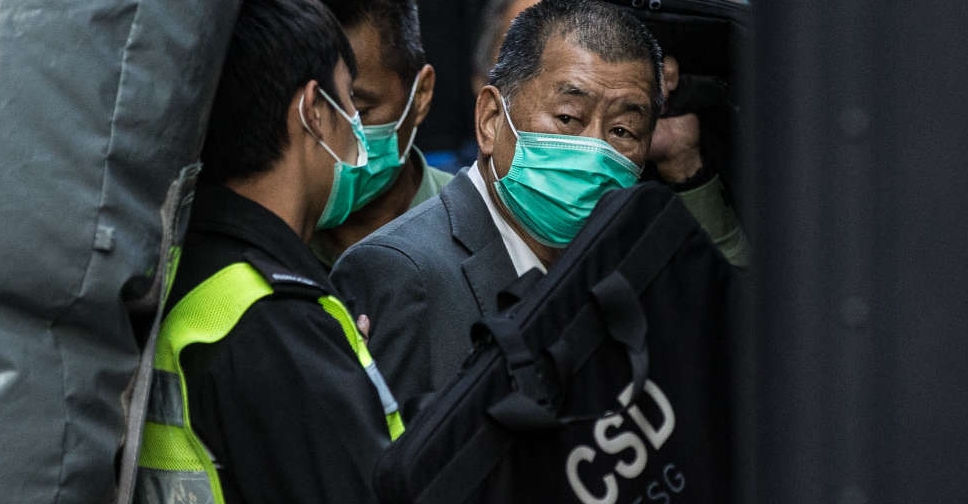 Hong Kong court finds tycoon Jimmy Lai guilty in landmark security trial
Hong Kong court finds tycoon Jimmy Lai guilty in landmark security trial
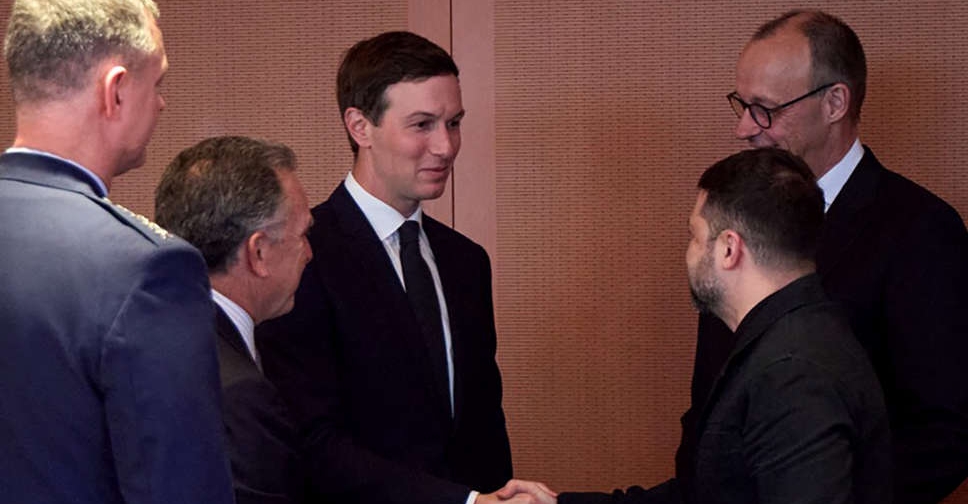 Ukraine peace talks stretch into second day at start of pivotal week for Europe
Ukraine peace talks stretch into second day at start of pivotal week for Europe
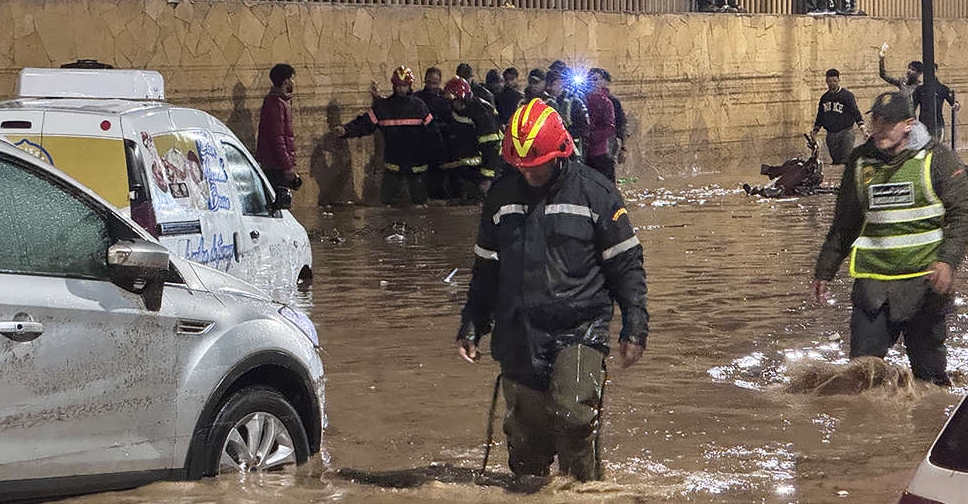 Flash floods kill at least 37 people in Morocco's Safi province
Flash floods kill at least 37 people in Morocco's Safi province
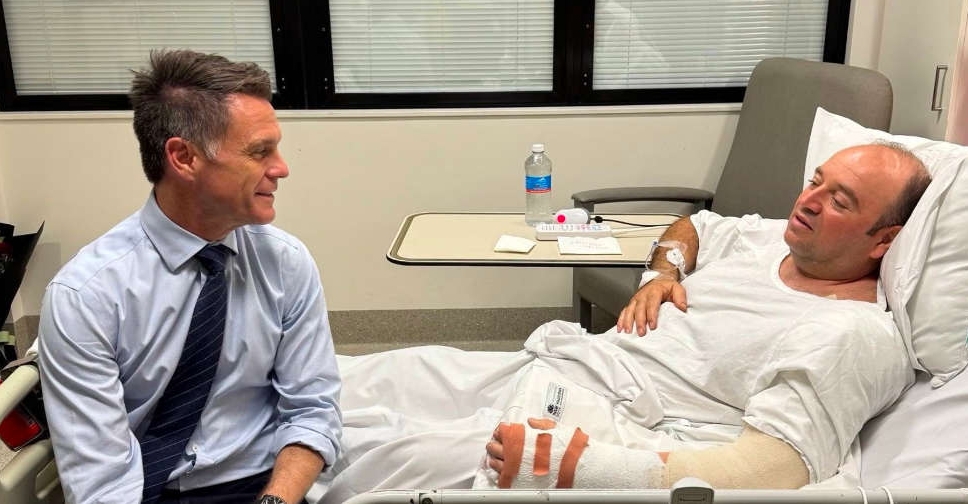 'Hero' who disarmed Bondi gunman recovering after surgery, family says
'Hero' who disarmed Bondi gunman recovering after surgery, family says
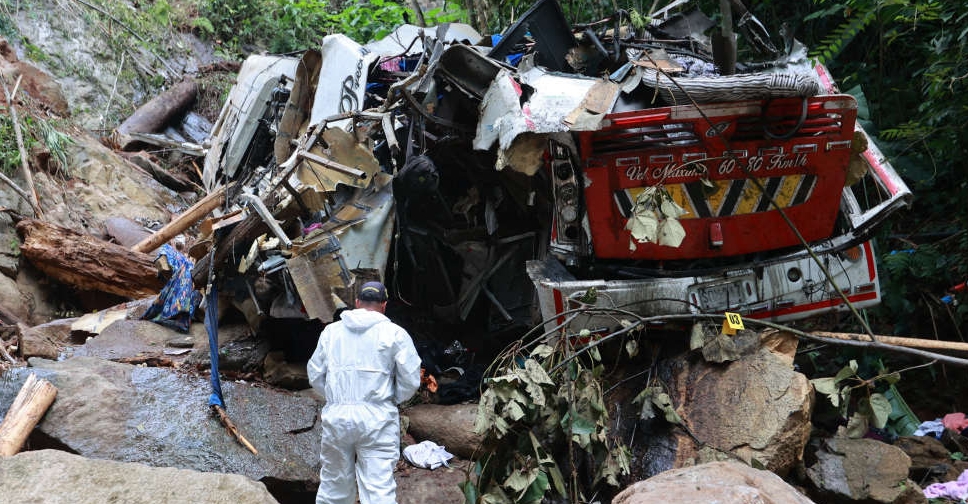 School bus accident in Colombia kills 17, injures 20
School bus accident in Colombia kills 17, injures 20
